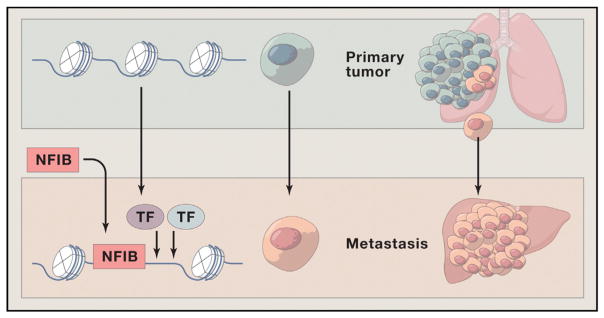Figure 1. NFIB Promotes Metastasis through Increasing Chromatin Accessibility.
Small cell lung carcinoma (SCLC) is a neuroendocrine tumor that is highly metastatic to many sites including the liver. Denny et al. use a genetically engineered mouse model of SCLC to show that some cells of the primary tumor in the lung acquire elevated levels of NFIB, a transcription factor (in some cases by gene amplification). These cells selectively disseminate and form metastases in the liver. Chromatin in the metastatic tumor has widespread increases in accessibility in gene distal regions that resemble those seen in neural tissue. They show that NFIB is responsible for opening these chromatin regions, is found bound to these sites, is required for maintenance of the open sites, may influence the binding of other transcription factors to alter gene expression, and leads to a program generating metastases. Overall they show that NFIB alone is both necessary and sufficient to cause liver metastases in SCLC through this change in chromatin accessibility and thus represents both a previously unrecognized mechanism underlying metastasis and an important new therapeutic target.

